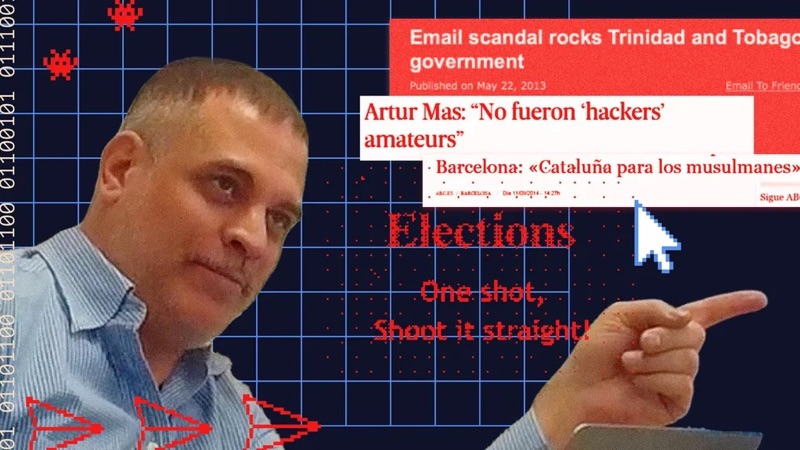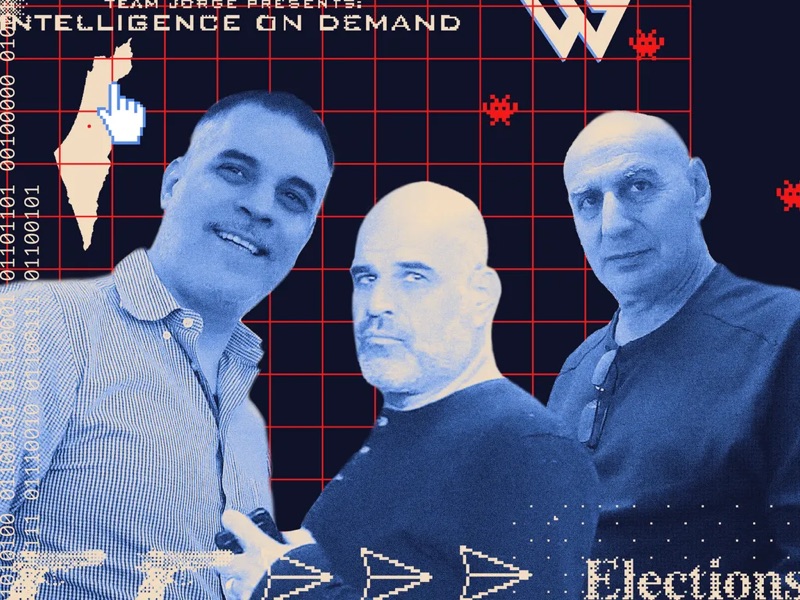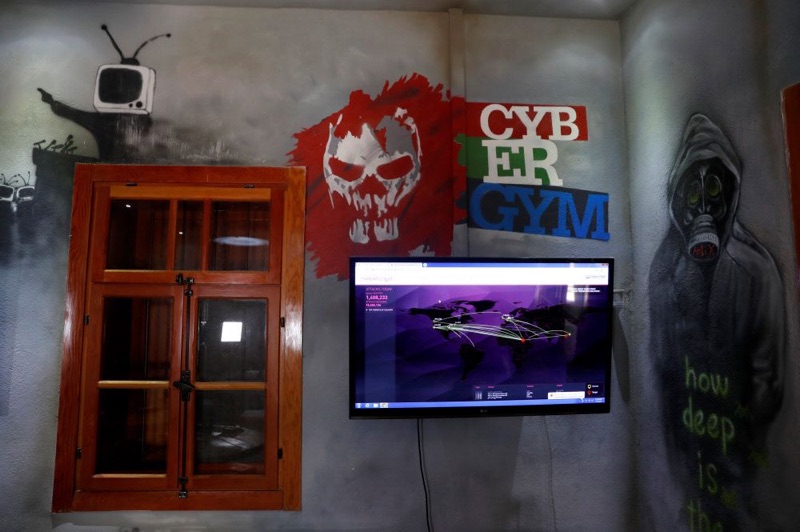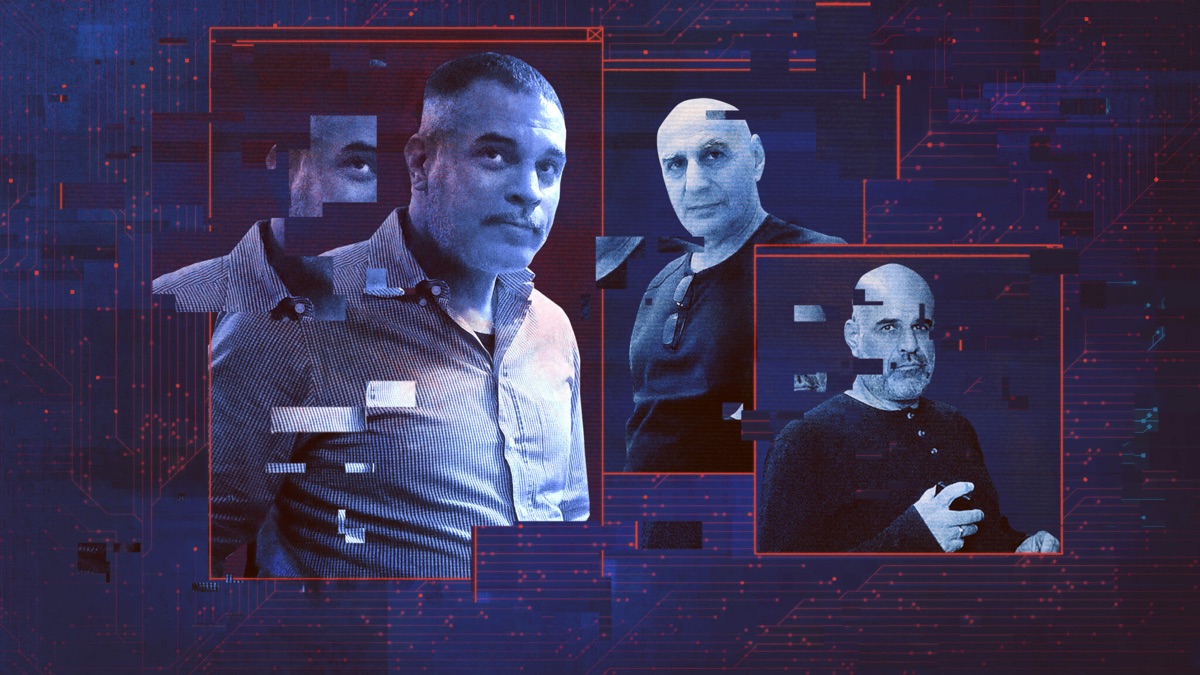Storykillers: Team Jorge
Forbidden Stories gathered more than 100 journalists from 30 media outlets to expose the inner workings of the global, secretive world of disinformation mercenaries.
Publications




Background
Over five years after the murder of Gauri Lankesh, Forbidden Stories, whose mission is to pursue the work of threatened, imprisoned or assassinated journalists, gathered more than 100 journalists from 30 media outlets to pursue the work of Lankesh—the first time such a large journalist consortium has investigated the global, secretive world of disinformation mercenaries.
For over six months the consortium, coordinated by Forbidden Stories, traced disinformation narratives back to their original sources. From India to Saudi Arabia, via Israel, Spain and the United States, the consortium investigated small-scale, artisan-like efforts to promote a foreign state’s propaganda to surgical, professionalized black-ops. We tracked companies that sell services to influence opinions, manipulate elections, destroy reputations and erase the truth. We scrutinized the mechanics of the business of disinformation.
The disinformation industry, which threatens global democracy, is often invisible yet burgeoning and profitable, our investigation shows. According to a report by the Oxford Internet Institute, in 2020, at least 81 countries resorted to organized manipulation campaigns on social media.
As states increasingly rely on disinformation-for-hire services and mercenaries proliferate, journalists face deadly consequences. One in four journalists killed in non-conflict zones between 2017 and 2022, was the target of disinformation campaigns or received direct threats through social media networks leading up to their death, Forbidden Stories found after analyzing data collected by the Committee to Protect Journalists. Named Daphne Caruana Galizia, Jamal Khashoggi, Rafael Emiro Moreno and Gauri Lankesh, such journalists originated from nearly every continent.
To Maria Ressa, the counterpoint to online attacks and their intended chilling effect is to speak up. “They use free speech to pound you to silence. I refuse to be silent,” she told a member of our consortium.
